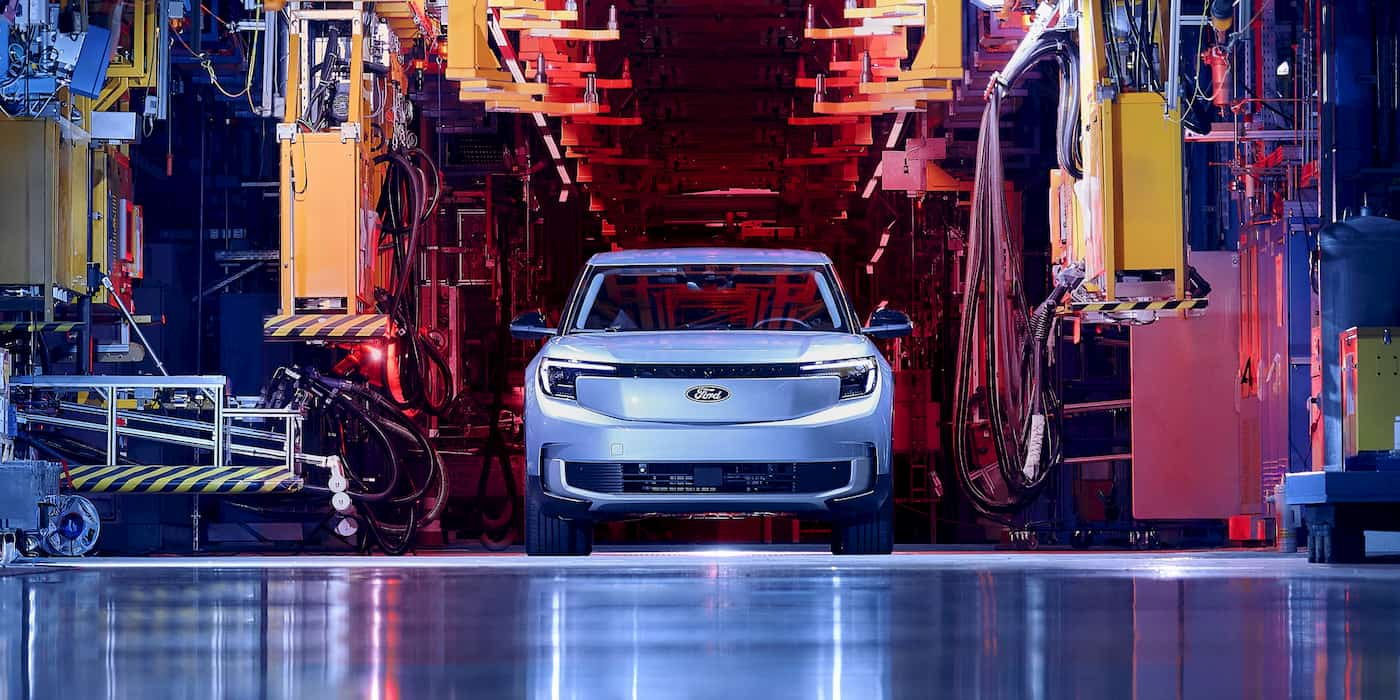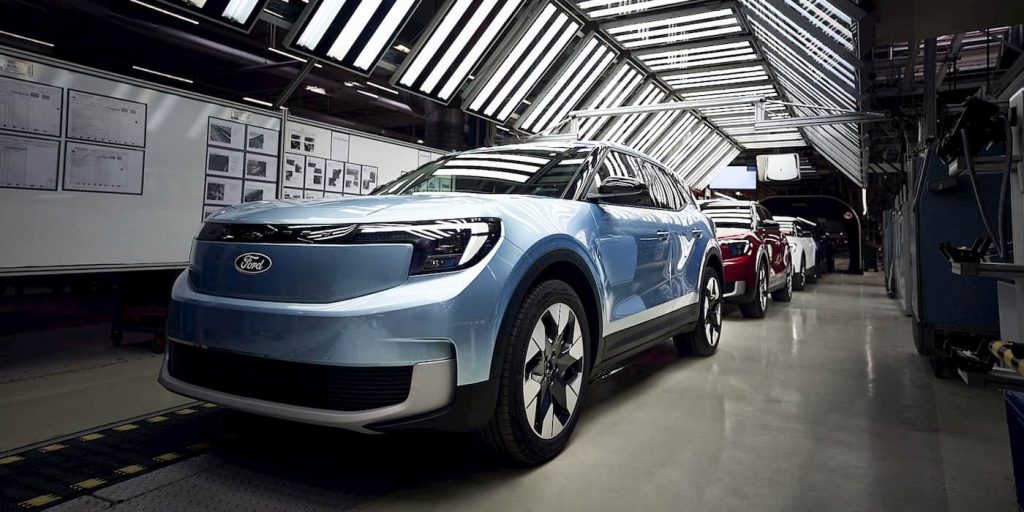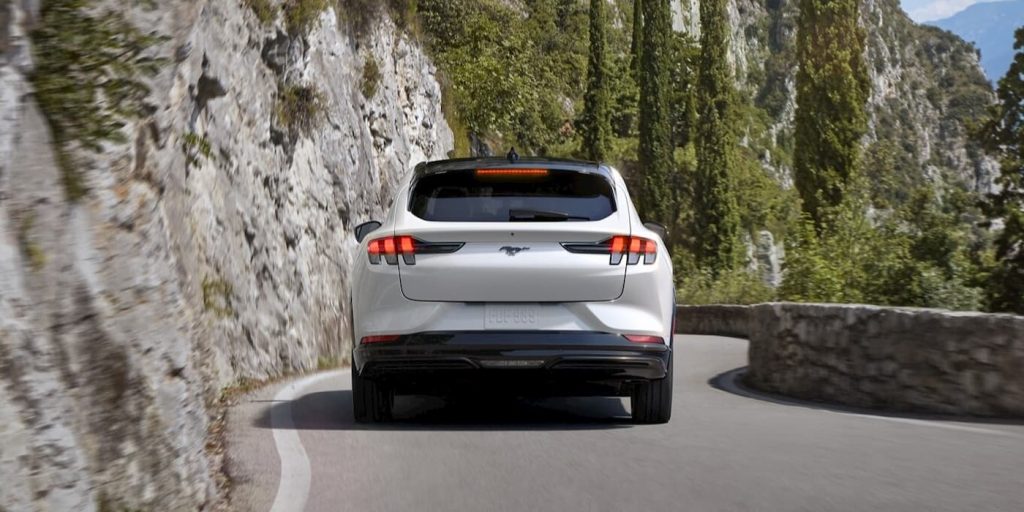
After a three-year break, Ford is set to reopen its Chennai plant in India. However, This time, Ford will focus on EVs as it faces a global comeback.
Ford India plant will reopen to export global EVs
Ford submitted a Letter of Intent (LOI) to the government of Tamil Nadu earlier this month, outlining plans to restart its Chennai plant for export.
The move comes as part of the company’s Ford+ plan to drive future growth and profits as the industry shifts to a new digital, electric era.
“We are grateful for the ongoing support from the Tamil Nadu Government as we explored different options for the Chennai plant,” Kay Hart, president of Ford Internation Markets Group, said. Hart explained that the plant will “serve new global markets.”
A source familiar with the matter said Ford’s focus this time will be on manufacturing EVs for export. Ford “realized that 2025 will be the turning point for the EV market in India,” the source added.

The source told MoneyControl that Ford will create a dedicated assembly line for EVs as “Building petrol or diesel vehicles will not be a profitable venture anymore.” This is a significant shift from its focus on gas-powered vehicles in the country.
Once the supplier base is established, Ford will “start producing electric cars from its Chennai facility, exporting them to global markets,” the source explained.

Ford Motor India said it preferred not to comment on the speculation and that “further information about the type of manufacturing” would be revealed shortly.
Electrek’s Take
Although Ford has yet to officially confirm that the Chennai plant will be used for EVs, it could mark a significant milestone as the company aims to secure a position in the industry’s future.
Ford has pushed back or canceled several EV initiatives in the US. However, demand for electric cars is still surging in critical global markets like Southeast Asia, parts of Europe, and South and Central America.
Low-cost EVs from China are flooding global markets, causing the US, Canada, and the EU to tack on significant tariffs on imports.
Chinese automakers like BYD are quickly gaining market share in other global markets, such as Thailand, Singapore, Turkey, Brazil, and Mexico.
With affordable, efficient EVs rolling out in new markets, BYD topped Nissan and Honda in global EV sales for the first time in the second quarter.
BYD sold 980,000 vehicles in Q2, representing 40% growth from last year. The Chinese EV leader is quickly approaching Ford. Ford’s wholesales reached 1.14 million in Q2, up slightly from the 1.12 in 2023.
Ford is shifting its focus to smaller, more profitable EVs to fend off the competition. Its team in California, filled with ex-Tesla, Rivian, Lucid, and Apple workers, is developing its low-cost platform. Like BYD, Ford appears to be eyeing overseas production to boost growth.
FTC: We use income earning auto affiliate links. More.



Comments